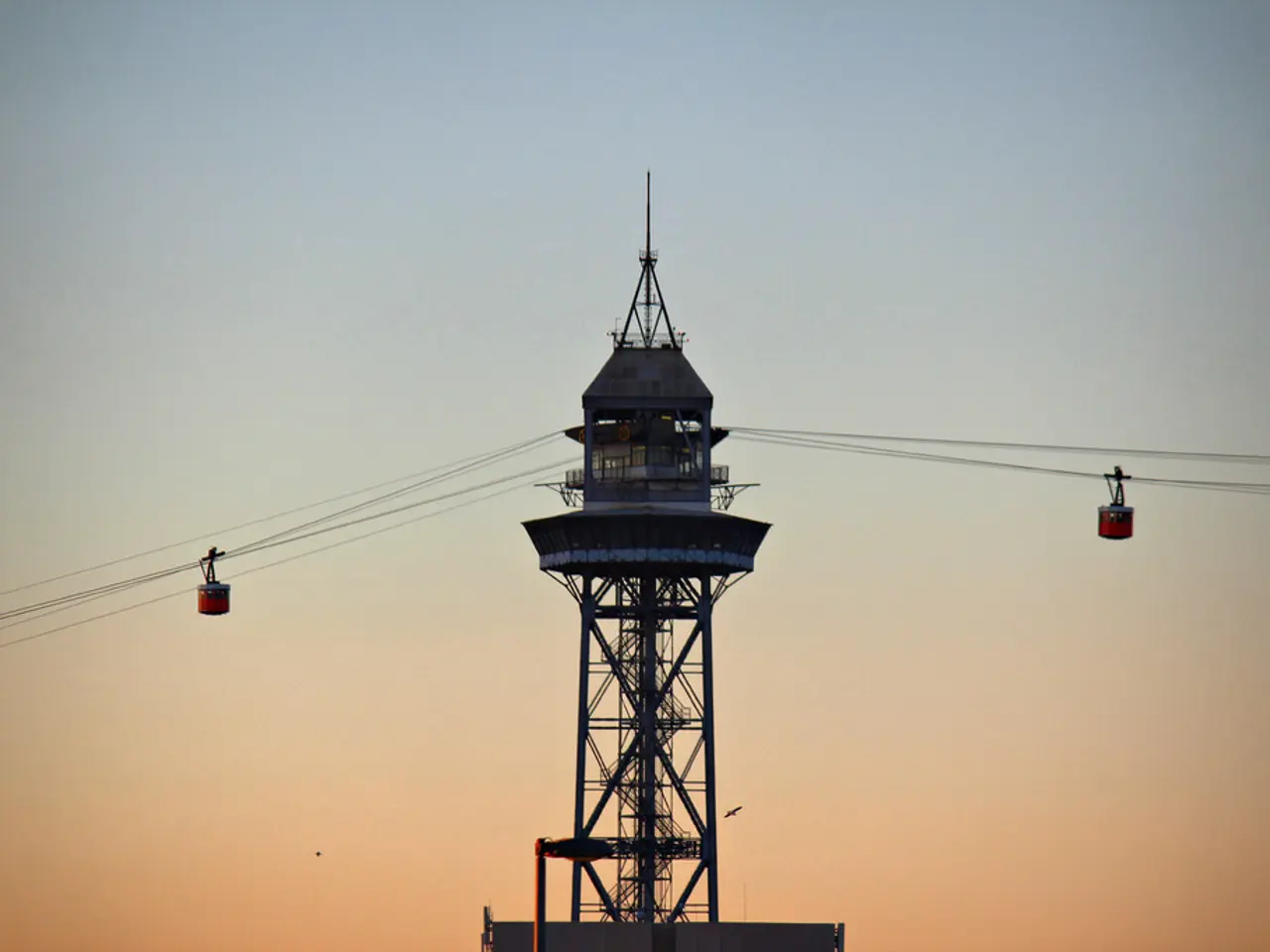Auto manufacturers Subaru, Mazda, and Toyota collaborate on reducing carbon emissions in their engines, combining cooperative efforts and rivalry to advance technology in the field of decarbonization.
Toyota Pushes Forward with New Inline 4-Cylinder Engines in the Electrification Era
Toyota is making strides in the electrification era by developing low-displacement inline 4-cylinder engines. These advanced powerplants are designed to be smaller, lighter, and more powerful, serving as a bridge between traditional combustion technology and electrification.
The new engines, such as the "G20E," are capable of high power outputs (400-600+ horsepower) through turbocharging and advanced engineering. This demonstrates that internal combustion engines (ICEs) remain technologically relevant for performance and efficiency, even as electrification takes centre stage.
These engines are integrated into hybrid powertrains, like the 2.4L turbocharged inline-4 i-FORCE MAX hybrid system in the 2025 Toyota 4Runner, which produces 326 hp. This combination of internal combustion efficiency with electric motor assist helps reduce fuel consumption and emissions.
Hybrid systems allow these smaller engines to operate efficiently in Atkinson combustion cycles, benefiting from electric motors compensating for lower torque to reach efficiency levels comparable to diesel engines, but with less weight and cost. This synergy supports lower carbon emissions during everyday driving.
Toyota's strategy with these engines is to reduce carbon footprints, particularly in markets and segments where full battery electric vehicles (BEVs) adoption may be slower due to infrastructure or use case constraints.
Subaru, Mazda, and Toyota are all pursuing their own battery EV initiatives, considering engines as a necessary multi-pathway technology for the popularization of electrified vehicles. The leaders of these companies recently came together to announce new developments for the electrification era.
At a Multipathway Workshop, Toyota President Koji Sato discussed a multi-pathway approach to achieving carbon neutrality, including the development of new engines. Toyota, along with Idemitsu Kosan, ENEOS, and Mitsubishi Heavy Industries, plans to consider establishing a carbon-neutral fuel supply chain.
The inline 4-cylinder engine has a long history of supporting a diverse product lineup, from family cars to sports cars. Toyota has internally developed advanced combustion technologies, such as D-4S, and hopes to enable engines to efficiently use diverse fuels to contribute to the popularization of carbon-neutral fuels.
The key to creating the future, according to Toyota, is to pursue co-creation and competition. The company intends to thoroughly refine the characteristics of its new inline 4-cylinder engines and develop them into powertrains that can create diverse cars in the age of carbon neutrality.
This workshop marks another step in the long history of friendly rivalry between these automotive giants, as they continue to refine engine technology to meet social challenges and evolve them into ones suited for the future energy environment.
[1] Source: Toyota Gazoo Racing [2] Source: Green Car Reports [3] Source: Car and Driver [4] Source: Toyota Global [5] Source: Automotive News Europe
- In the contemporary era of electrification, Toyota is incorporating advanced inline 4-cylinder engines into hybrid powertrains, demonstrating a commitment to environmental science and reducing carbon footprints, particularly in industry sectors where adoption of battery electric vehicles may be slower.
- The new inline 4-cylinder engines, such as the "G20E," are designed to offer high power outputs through turbocharging and advanced engineering, bridging the gap between traditional combustion technology and electrification in the realm of automotive technology.
- By integrating these smaller, more efficient engines with electric motor assist, Toyota aims to finance the development of carbon-neutral fuel supply chains in collaboration with companies like Idemitsu Kosan, ENEOS, and Mitsubishi Heavy Industries, as part of a multi-pathway approach to achieving carbon neutrality.
- Toyota, in conjunction with its competitors Subaru and Mazda, is actively engaged in battery EV initiatives, recognizing internal combustion engines as a necessary technology for the widespread adoption of electrified vehicles, and as a means to contribute to the broader goal of climate-change mitigation in the transportation industry.




